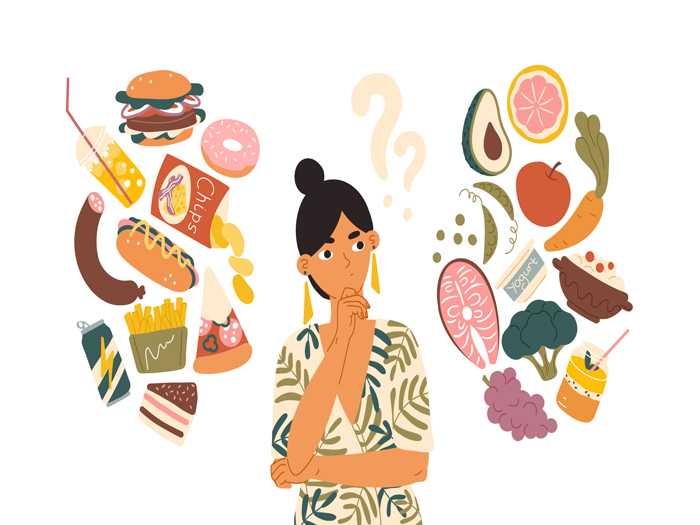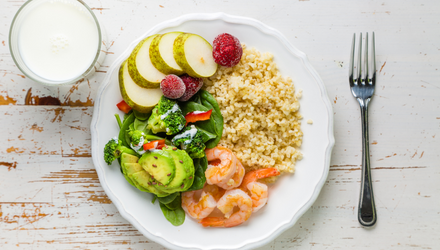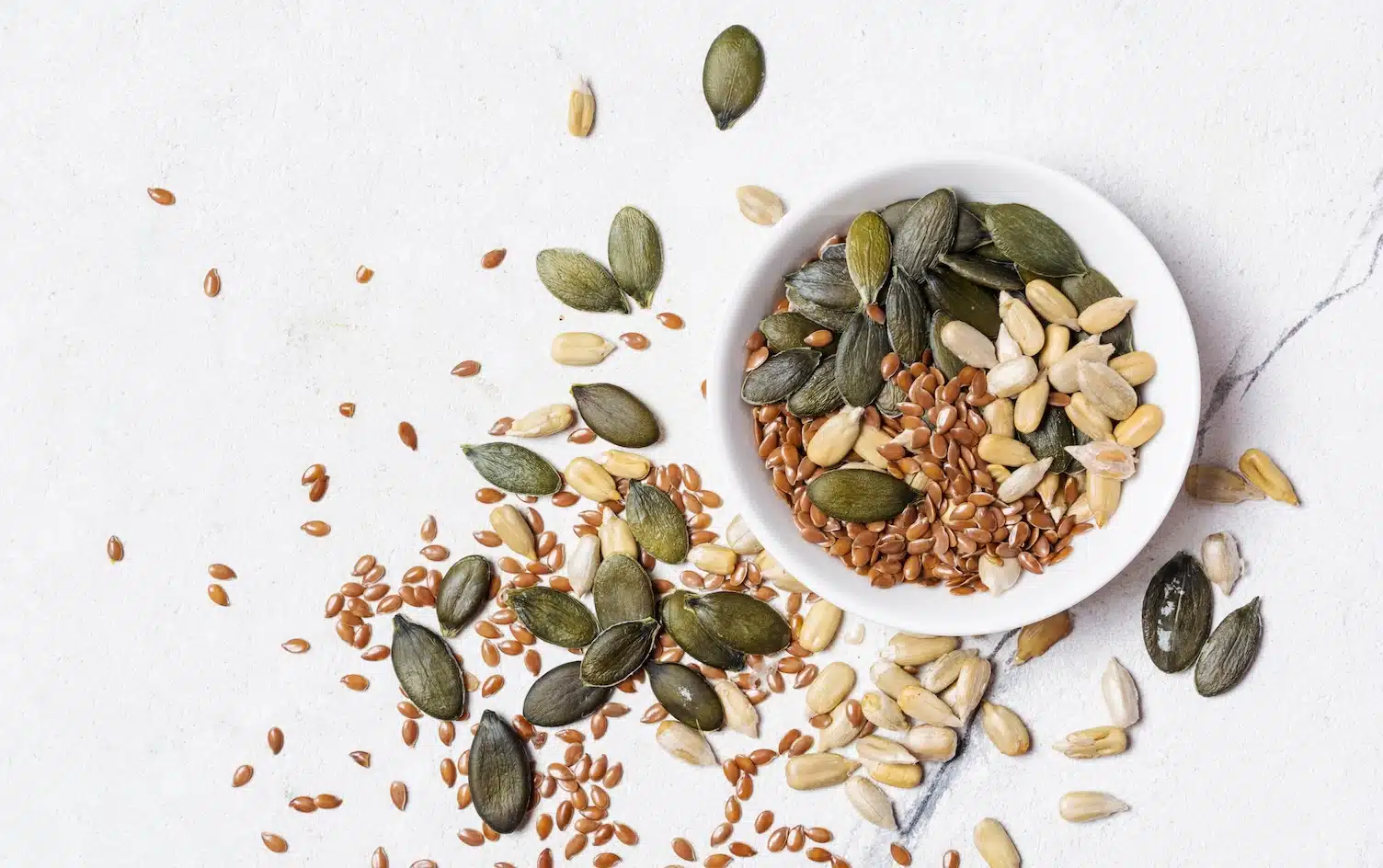The Link Between Diet and Mental Health
Historically, psychiatric interventions such as online counseling, medication, and even hospitalization have been used to treat mental illness. Nutrition Psychiatry is an emerging science that studies how food and nutrition affect people’s mental health. It aims to support dietary and lifestyle changes in the treatment of mental health disorders. We may have taken it for granted before, but our brains are affected by food choices just as much as our brains are as the rest of our bodies.
Research shows that what we eat has a lot to do with how we feel. If you eat well, you’ll probably feel better. You don’t have to make significant changes to your diet, but you may need to take some of these suggestions and try them.
Eat regularly. This can prevent your blood sugar from dropping, which can make you feel tired and irritable.
Stay hydrated. Your mood, energy level and concentration can be negatively affected by even mild dehydration.
Use the right proportion of fat. For optimal brain function, you need to consume fats in a healthy way. Olive oil, canola oil, almonds, seeds, oily fish, avocados, milk and eggs are a few examples of foods that contain eggs. Trans fats are often found in processed foods and should be avoided because they can be harmful to heart health and mood.
Increase your intake of fruits, vegetables and whole grains. They provide the vitamins and minerals your body and brain need to stay healthy.
Protein should be part of every meal. It contains an amino acid that helps with mood regulation.
Take care of the health of your stomach. When you feel stressed, your gut may speed up or slow down to reflect your feelings.
Be aware that your mood may be affected by caffeine. When consumed at bedtime, it can interfere with sleep, and some people also report feeling restless and anxious. Coffee, tea, colas, energy drinks, and chocolate all contain caffeine.

Alcohol consumption
Alcohol addiction and mental health problems are closely related, and the two often interact in feedback mechanisms. Alcohol can be used to provide short-term relief for people who are experiencing symptoms of mental health problems, only to find that it increases their symptoms in an attempt to get rid of them. For example, excessive drinking can lead to depression, stress, anxiety and mood disorders. It’s best to avoid alcohol when you’re experiencing mental health problems or just drinking. The recommended amount, as determined by the Centers for Disease Control and Prevention (CDC), is no more than one drink per day for women and no more than two drinks per day for men.
Sleep deprivation
In addition to eating a balanced diet, getting regular exercise, and avoiding alcohol and tobacco, getting enough sleep is important for maintaining mental health. Lack of sleep has been linked to poor mental health, but it can also affect digestive health and dietary choices. Caffeine is one factor that may affect your sleep patterns and its effects may be more pronounced in younger people. Caffeine use was associated with anxiety and sadness in a brief study that included college students.
The fascinating field of nutritional psychiatry has the potential to change the way we look at mental health. While there are many more findings, it’s becoming increasingly clear that the health of our stomachs and the bacteria that live there have a role in regulating our mental health and controlling our moods. One of the best ways to improve digestive health may be through a nutritious diet; on the other hand, processed foods are associated with worse outcomes and should probably be avoided. Starting with a few small and simple food changes and advances if you will, change your diet and promote your mental health.
Foods and Habits That Hurt Your Mental Health
Similar to the way certain foods, nutrients, and behaviors appear in order to promote mental health, others may be harmful to it. Here are some items that you If you have them, you may want to consider consuming them rarely or giving them up altogether Finding that they hurt your mental health.
Ultra-processed foods
Foods that undergo industrial processing methods are considered ultra-processed. They usually consist of items such as candy, baked goods, beverages with added sugar, and salty snacks that are high in calories, salt, added sugar, and unsaturated fats. An increased frequency of anxiety symptoms, despair and stress are associated with regular consumption of ultra-processed foods during the week. Therefore, it’s best to only consume ultra-processed foods sparingly. But remember, the term “processed foods” covers a wide range of items, many of which are more convenient and affordable than other foods. Not all processed foods are considered dangerous.


